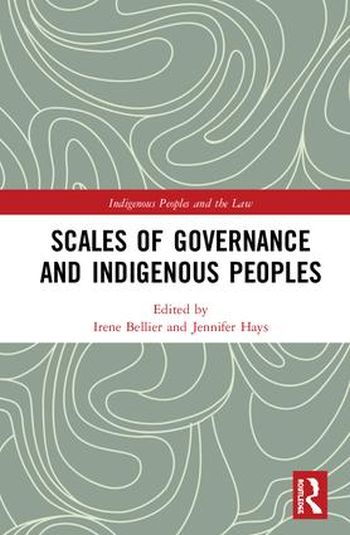
The adoption of the 2007 United Nations Declaration on the Rights of Indigenous Peoples was heralded as the beginning of a new era for Indigenous Peoples' participation in global governance bodies, as well as for the realization of Indigenous Peoples' rights and self-determination.
The category of 'Indigenous Peoples' is today defined by the historic and on-going dispossession, displacement and control of groups and individuals. To what extent, though, do Indigenous Peoples' rights, and their recognition and implementation, represent 'new' concepts and phenomena? And to what extent are they merely an extension of colonial ideas and processes?
This collection draws together anthropologists, political scientists and legal scholars to address this question. Examining the legal, ethical, political, economic and cultural dimensions of the Indigenous Peoples' rights movement, the book pursues a series of case studies in order to uncover the complex power relations that inform the ongoing struggles of Indigenous Peoples - locally, nationally and internationally.